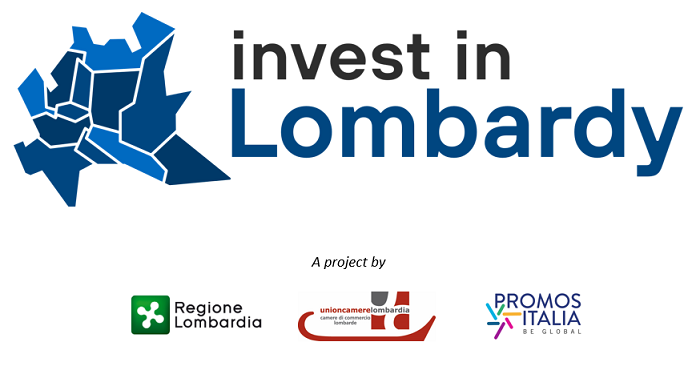Hiring the right people at the right time makes all the difference for a company during its investment process.
The practice of Interim Management is an effective way for foreign companies to quickly establish themselves when investing abroad. Local Interim Management will be able to provide qualified expertise and establish positive communication with employees that may require language translation.
A company planning an investment abroad will most likely:
Start up a Newco.
Working with flexible resources may grant enough time to evaluate the long term sustainability of the Newco.
In a first stage, an interim management team (initially even one manager) could be hired with the mission of creating the new entity and preparing the business plan.
The normal lead-time to get the manager (less than a week) and his seniority will grant a fast high quality solution. Afterwards, the manager may start hiring gradually the operational and non-managerial resources according to the plan. In addition, employees could be initially hired with an interim contract for the required period.
At the end of the period, all the above gives the flexibility in order to take a final go/no go decision.
Identify a target for an acquisition (total or partial).
In the SME sector identifying a potential target in a very crowded and geographically dispersed market may be difficult and time expensive for a foreign company.
In a typical MBI situation, interim management can support a foreign investor in:
- identifying and selecting potential targets
- performing the preliminary contacts (blind, if the case) and evaluations. Using local interim managers may help in reducing the potential distrust of the entrepreneur towards a foreign investor
- support to build up the most effective deal
- operating as an interface between the parties until the closing.
Manage and close a deal with a target company.
When the target company has been identified, the availability of senior know how and expertise at variable costs will most likely:
- accelerate all the operational steps for closing a deal
- create a positive interface between the local employees and management and the new ownership
- guarantee an easy and smooth adaptation to local laws and business habits
- prepare the hand over to a manager from the acquiring company (if planned).
In every case the objective of a new entrant is to reduce as much as possible risks and costs related to its investment: an interim management solution using local manager/s may be crucial for a smooth and low risk entrance.
Written by Maurizio Quarta, Managing Partner Temporary Management & Capital Advisors and President Senior Management Worldwide


